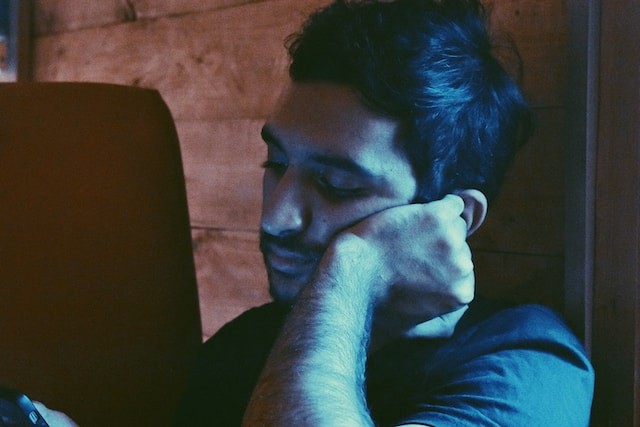As a BetterHelp affiliate, we receive compensation from BetterHelp if you purchase products or services through the links provided
Skimping on sleep has left countless people dealing with the fallout—everything from tiredness to a foggy mind. But what about dizziness? Could a lack of Z’s leave you feeling like you’re on a merry-go-round? This question might seem simple, but exploring it opens the door to understanding how missing out on rest affects our overall well-being. So, let’s embark on a quest to untangle the complex relationship between sleep deprivation and that off-balance feeling, all in the name of better health and a richer quality of life.
Understanding the Relationship
In this section, we will explore the intricate connection between sleep and dizziness, shedding light on this link’s potential causes and manifestations. Understanding the relationship is fundamental to addressing the issue effectively.
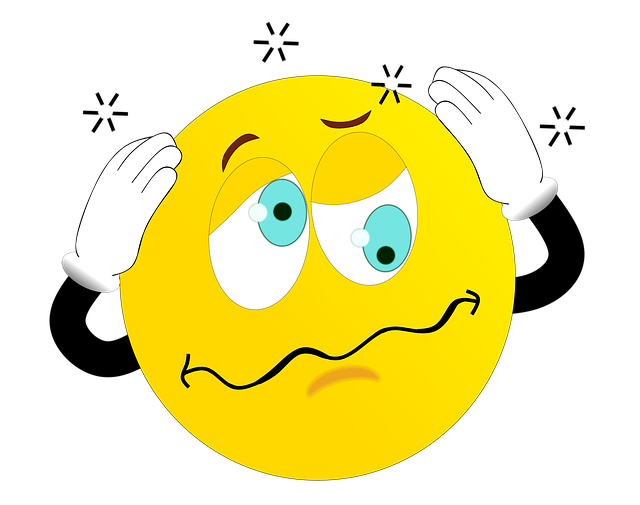
The Sleep-Dizziness Link
- Overview of the Connection
At its core, this relationship is tied to the body’s circadian rhythms, where disruptions due to shift work or travel across multiple time zones can lead to dizziness as the body struggles to adapt to altered sleep-wake patterns. Sleep’s impact on blood pressure is another pivotal aspect; during deep sleep, blood pressure typically decreases, and inadequate or disrupted sleep may result in this drop not occurring as expected, potentially causing dizziness, especially when transitioning from lying to standing. Factors like orthostatic hypotension, neurotransmitter imbalances, and stress and anxiety are crucial in the sleep-dizziness connection. Recognizing and comprehending this intricate relationship is pivotal for managing dizziness associated with sleep disruptions and enhancing overall well-being.
- Scientific Insights
Some critical scientific explanations include:
Vestibular System and Sleep Quality: Poor sleep affects the vestibular system responsible for balance and spatial orientation. Studies have shown that poor sleep quality can impact the vestibular system’s functioning, potentially leading to dizziness upon waking or during the day.
Blood Pressure Regulation: Sleep plays a vital role in regulating blood pressure. Disruptions in sleep habits, especially conditions like sleep apnea, can lead to fluctuations in blood pressure, potentially contributing to dizziness, primarily upon standing.
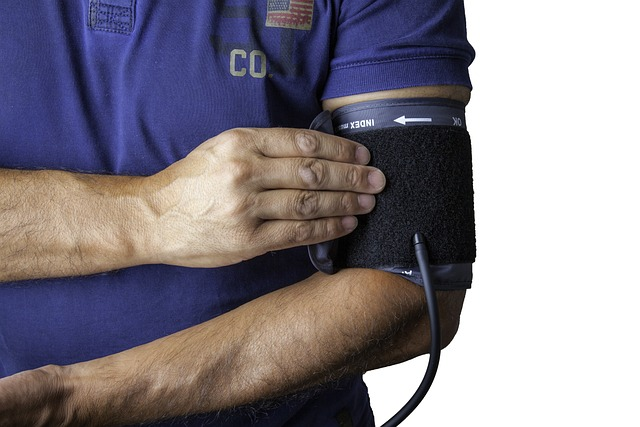
Fluid and Electrolyte Balance: Lack of adequate sleep can affect the body’s ability to maintain fluid and electrolyte balance. This can lead to orthostatic hypotension, a drop in blood pressure when transitioning from lying down to standing, a common cause of dizziness.
Circadian Rhythms and Vestibular Function: The body’s internal clock, known as the circadian rhythm, regulates various physiological functions. Disruptions to these rhythms, such as shift work or irregular sleep schedules, can affect the vestibular system’s adaptability, potentially leading to dizziness symptoms.
Neurotransmitters and Brain Function: Imbalances in neurotransmitters, such as serotonin or dopamine, can impact sleep quality and vestibular function. Scientific studies have shown connections between these neurotransmitters and dizziness.
- Real-Life Experiences
Real-life experiences offer valuable insights into the connection between sleep and dizziness. Many individuals have encountered this link in various ways. Here are a few scenarios from people who have experienced the sleep-dizziness connection:
Shift Workers Struggle: John, a rotating nurse, often finds himself dizzy after night shifts. He describes how his body’s difficulty adjusting to irregular sleep patterns has left him feeling off-balance and lightheaded during the daytime, affecting his ability to focus on tasks.
Jet Lag Blues: Sarah, a frequent traveler for business, shares her experiences with jet lag-induced dizziness. She explains how crossing multiple time zones and not having enough sleep during long flights leaves her disoriented and dizzy upon arrival at her destinations, impacting her ability to engage in important meetings.
Insomnia-Related Dizziness: Rachel, who has insomnia, narrates her struggles with dizziness. She discusses how her frequent poor night’s sleep often results in feelings of unsteadiness and occasional vertigo during the day, making it challenging for her to perform everyday activities.
Medication-Induced Dizziness: Tom, who takes medications for sleep disorders, talks about how some drugs come with dizziness as a side effect. He describes how he occasionally experiences dizziness, primarily upon waking, due to his medication use.
Also Read: What Is a Weighted Blanket
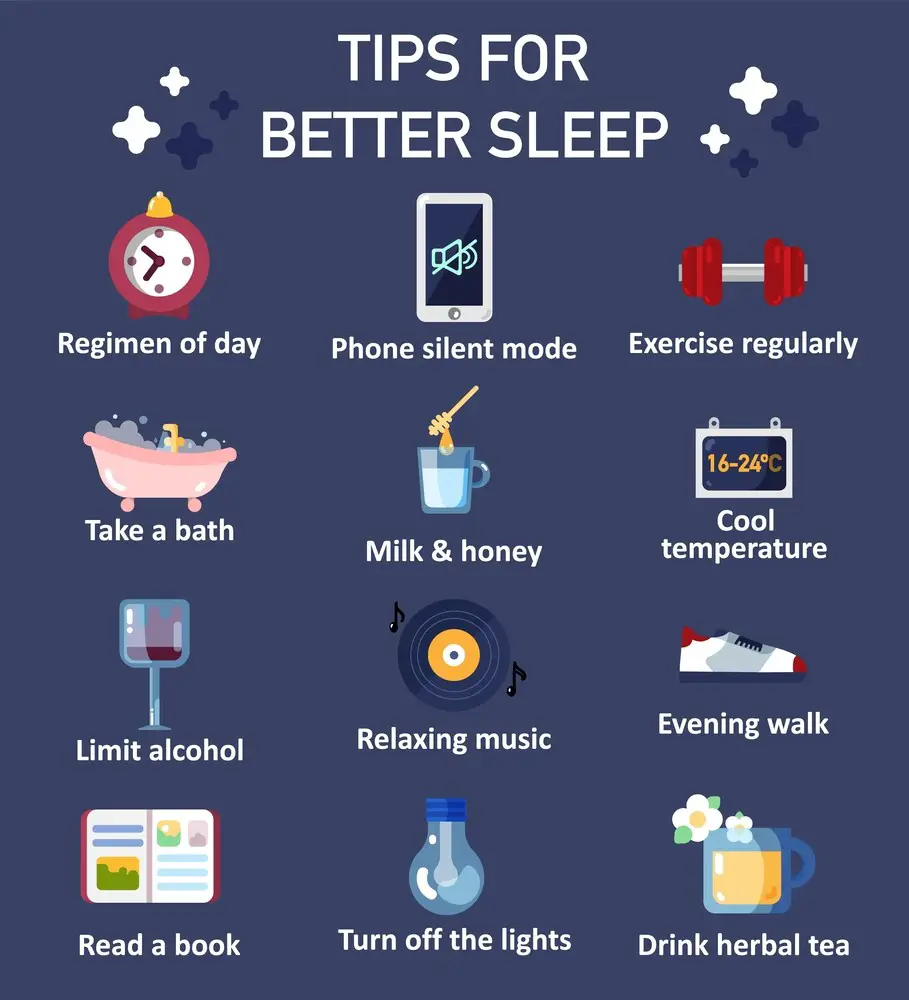
How Sleep Affects Dizziness
The impact of sleep on dizziness encompasses multiple dimensions, including balance, blood pressure, and the vestibular system.
- Impact on Balance
Sleep deprivation affects the brain’s ability to process sensory information and adjust to maintain balance. This impairment in balance can manifest as dizziness, particularly when transitioning from lying down to standing or during sudden movements.
- Blood Pressure and Circulation
Sleep deprivation can lead to fluctuations in blood pressure, including spikes and drops, which can trigger dizziness.
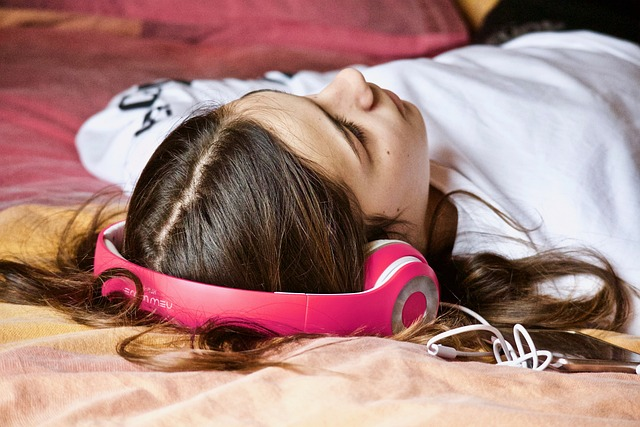
- Vestibular System
The vestibular system, responsible for our sense of spatial orientation and balance, can be influenced by sleep patterns. Sleep disturbances can disrupt the vestibular system’s functioning, leading to sensations of dizziness or unsteadiness.
Also Read: How to Sleep With a Cast on Leg
Symptoms and Signs
Recognizing Dizziness Due to Lack of Sleep
We will explore the symptoms and signs of dizziness arising from inadequate sleep and ways to distinguish it from dizziness caused by other factors.
- Common Symptoms
Dizziness resulting from sleep deprivation often presents with several common symptoms, including:
Lightheadedness: Individuals may experience a feeling of being unsteady, as though they might faint.
Vertigo: Some may describe a spinning or whirling sensation as if the room is moving around them.
Fogginess: Dizziness can accompany cognitive difficulties, such as difficulty concentrating or processing information.
Balance Issues: Poor coordination and an increased risk of stumbling or falling can be associated with sleep-related dizziness.
- Differentiating Causes
Distinguishing dizziness due to sleep deprivation from dizziness caused by other factors can be challenging but is crucial for appropriate management. Key considerations include:
Sleep Patterns: Recognize patterns of dizziness that coincide with inadequate or disrupted sleep. Dizziness upon waking in the morning or after nights of poor sleep can indicate sleep-related dizziness.
Rule Out Other Causes: Ensure dizziness is not caused by underlying medical conditions, medication side effects, or other factors like dehydration, low blood pressure, or inner ear problems. Consulting a healthcare professional may be necessary.
Other Sleep-Related Symptoms
In addition to dizziness, sleep deprivation can manifest as a range of other symptoms that further underscore its impact on our well-being.
- Fatigue
It presents as physical and mental tiredness, a lack of energy, and reduced alertness. Fatigue can exacerbate dizziness and significantly impair daily functioning.
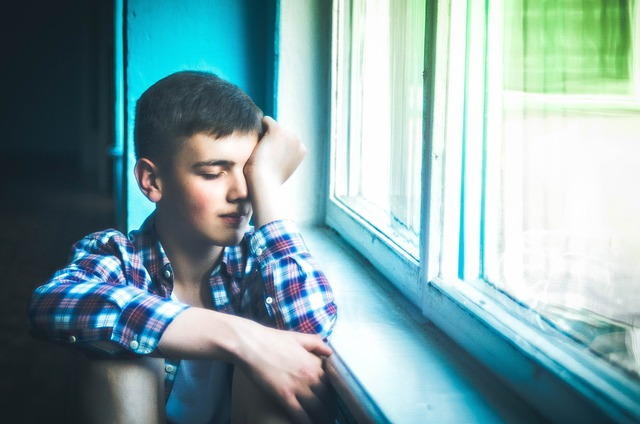
- Headaches
They can manifest as tension headaches or migraines, often accompanied by dizziness. The combination of headaches and dizziness can be particularly uncomfortable.
- Nausea
It often presents as a feeling of nausea or an inclination to vomit. When co-occurring with dizziness, nausea can make it challenging to carry out everyday tasks comfortably.
Coping and Prevention
Managing Dizziness Due to Lack of Sleep
Dealing with dizziness caused by sleep deprivation is essential for maintaining overall well-being. This section will explore strategies for managing and preventing dizziness in inadequate sleep.
- Lifestyle Changes
Prioritize Sleep: Commit to a consistent sleep schedule and aim for 7-9 hours of quality sleep each night.
Hydration: Stay adequately hydrated throughout the day. Avoid excessive fluid intake just before bedtime to prevent nighttime disruptions.
Dietary Adjustments: Avoid heavy, greasy, or spicy foods close to bedtime, as they can contribute to both sleep disruptions and dizziness. Opt for lighter, easily digestible meals in the evening.
Gentle Exercise: Engage in light physical activity, such as stretching or a short walk, to alleviate dizziness. However, avoid vigorous exercise close to bedtime, as it can interfere with sleep.
- Sleep Hygiene Tips
Bedtime Routine: Create a relaxing bedtime routine to signal your body to relax.
Optimize Sleep Environment: Ensure your bedroom promotes restful sleep by keeping it dark, quiet, and comfortable.
Limit Screen Time: Avoid electronic devices with screens at least an hour before bedtime, as blue light can disrupt the production of melatonin, a hormone crucial for sleep.
Caffeine and Alcohol: Avoid consuming caffeine and alcohol before bedtime, as they can interfere with sleep patterns and worsen dizziness.
- Can lifestyle changes help manage sleep-related dizziness?
Yes, lifestyle changes can significantly improve sleep quality and reduce dizziness.
- What if I can’t avoid late-night exercise?
If late-night exercise is necessary, try to finish at least a few hours before bedtime. This allows your body to cool down and relax, reducing the impact on sleep and dizziness.
- Are there specific foods that can help?
While no specific foods can cure sleep-related dizziness, avoiding heavy or spicy meals before bedtime and focusing on a balanced diet can improve sleep quality and reduce dizziness.
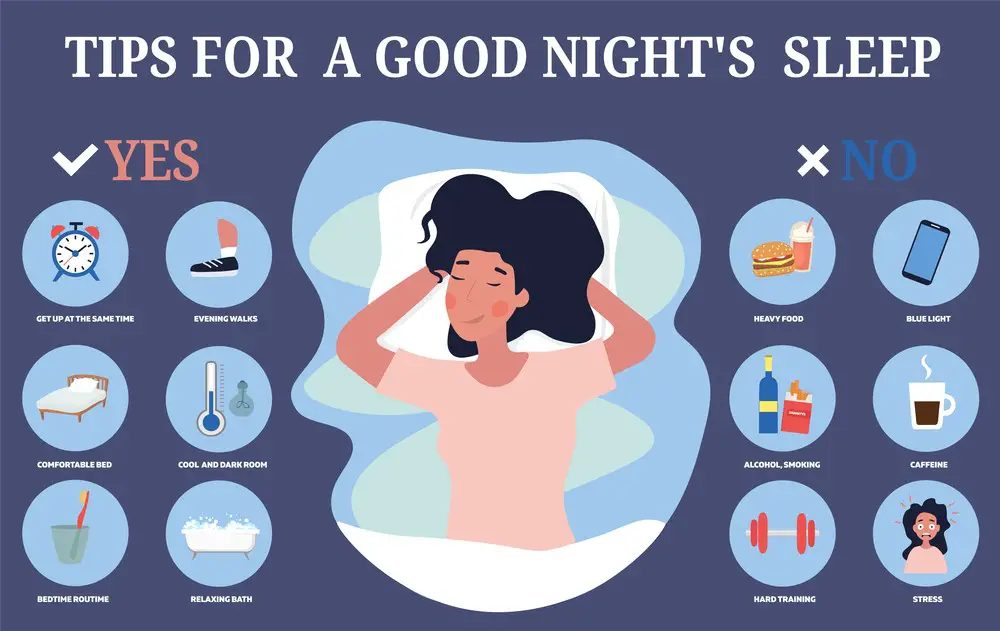
Preventing Sleep Deprivation-Induced Dizziness
Preventing dizziness due to sleep deprivation is a proactive approach to overall well-being. This section will explore strategies to prevent dizziness by improving sleep quality.
- Establishing a Sleep Routine
Consistent Schedule: Maintain a regular sleep schedule by going to bed and waking up at the same times every day. This helps regulate your body’s internal clock.
Bedtime Ritual: Develop a calming bedtime routine that signals to your body it’s time to sleep.
Limit Naps: Long or irregular napping during the day can interfere with nighttime sleep. If you need to nap, keep it brief (20-30 minutes) and earlier in the day.
- Stress Reduction Techniques
Mindfulness and Meditation: Incorporate mindfulness meditation or deep breathing exercises into your daily routine to reduce stress and anxiety.
Stress Management: Identify and address sources of stress in your life. Consider talking to a therapist or counselor if stress is a persistent issue.
- Seeking Professional Help
If sleep deprivation and dizziness persist despite lifestyle changes and preventive measures, consider seeking help from a healthcare professional. In cases of chronic sleep deprivation or sleep disorders, consulting a sleep specialist may be necessary.
- What if I have a variable work schedule?
You can establish a sleep routine by sticking to a consistent schedule on days when your work allows it. Maintaining regular sleep patterns on days off can also help.
- What are some quick stress reduction techniques?
Quick stress reduction techniques include deep breathing exercises, progressive muscle relaxation, and mindfulness meditation. These can be done in a few minutes before sleep.
- How do I know if I need professional help?
Consider seeking professional help if sleep-related dizziness persists despite lifestyle changes and preventive measures or if it significantly impacts your daily life and well-being.

Dial-a-Doc: When It’s Time to Seek Professional Help
Sure, we all have nights when sleep is elusive. But when dizziness joins the party, you’ve got to ask: is it time to call in the experts? Here are some clues:
- Chronic Dizziness: If that spinning feeling sticks around like an unwelcome guest, maybe it’s time to consult a healthcare provider.
- Lifestyle Disruption: When sleep deprivation and dizziness start affecting your job, relationships, or general zest for life, that’s a red alert.
- Home Remedies, Begone: Tried counting sheep or downing chamomile tea, but still doing the dizziness dance? Professional advice could be the key.
Your Sleep-Spin Blueprint: Setting Goals
So you’ve decided to tackle this head-on—good for you! A goal-oriented approach could be your ticket to better sleep and a steadier gait. Here’s how to go about it:
- Identify the Culprit: Is it stress, poor sleep hygiene, or maybe a medical condition that’s robbing you of rest and balance?
- Be a SMARTie: Tailor your goals to be Specific, Measurable, Achievable, Relevant, and Time-bound. This isn’t a time for daydreams; it’s a time for action.
- Champion the Small Wins: Every night of good sleep or day without dizziness is a win. Celebrate it, because you’ve earned it!
The Sleep-Dizzy Diary: Monitoring Your Progress
You’re on this journey for the long haul, so you might as well keep track of how you’re doing, right? Monitoring progress can be both rewarding and eye-opening.
- Journal the Adventure: Keep a record of your sleep patterns, instances of dizziness, and any changes you’ve implemented. It’ll give you insight and maybe even a sense of accomplishment.
- Celebrate the Milestones: Got through a week without feeling like you’re on a rollercoaster? That’s a milestone worth celebrating!
- Check-In for a Check-Up: Keep those appointments with your healthcare provider to get a seasoned perspective on your progress.
- Mindful Moments: Mindfulness techniques can help you become more aware of your sleep quality and dizziness triggers, enriching your self-monitoring efforts.
So, by recognizing when it’s time to get professional guidance, setting actionable goals, and keeping a keen eye on your progress, you’re setting yourself up for success. In the quest for better sleep and steadier days, every step you take counts.
Frequently Asked Questions (FAQs)

How long does it typically take for lack of sleep to lead to dizziness?
The time it takes for lack of sleep to lead to dizziness can vary among individuals. Still, it can occur after just one night of insufficient sleep or may develop gradually with chronic sleep deprivation.
What are the common symptoms of dizziness caused by sleep deprivation?
Common symptoms of dizziness caused by sleep deprivation include lightheadedness, vertigo, cognitive fogginess, and balance issues.
Can dizziness from lack of sleep be a sign of an underlying medical issue?
Yes, dizziness from lack of sleep can sometimes be a sign of an underlying medical issue, but it’s essential to rule out sleep deprivation as a contributing factor first. Consulting a healthcare professional can help determine the cause and appropriate treatment.
- Left Arm Pain and Anxiety: Understanding the Relationship - November 23, 2023
- Anxiety Paralysis: Coping with Overwhelming Stress - November 23, 2023
- Anxious vs. Nervous: Differentiating Emotions and Responses - November 15, 2023
This site contains affiliate links to products. We will receive a commission for purchases made through these links.

